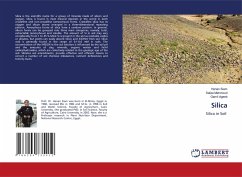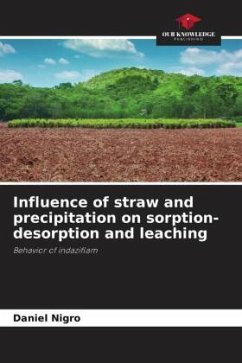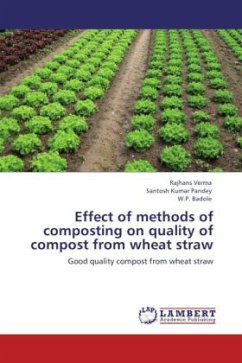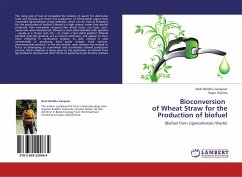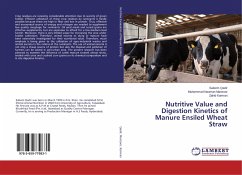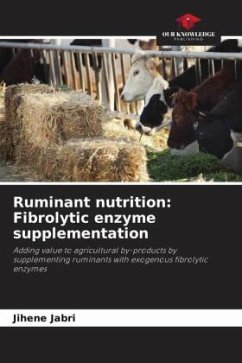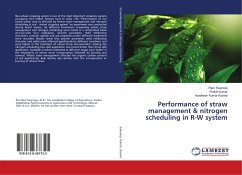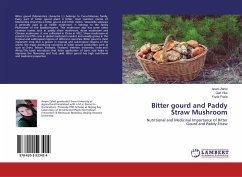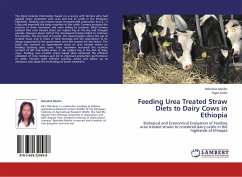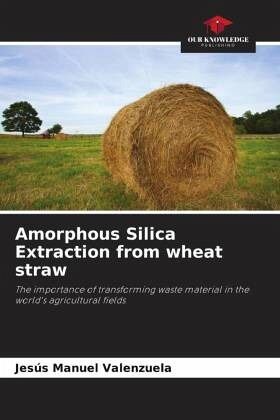
Amorphous Silica Extraction from wheat straw
The importance of transforming waste material in the world's agricultural fields
Versandkostenfrei!
Versandfertig in 6-10 Tagen
27,99 €
inkl. MwSt.

PAYBACK Punkte
14 °P sammeln!
Agricultural soils worldwide face a very notable lack of natural organic nutrients, a reality that leads human beings to search for new organic compounds capable of remediating soils degraded by the intensive use of old and new generation agrochemicals. Amorphous silica (H4SiO4) extracted from wheat straw as a complement in sustainable agricultural fertilization, is a natural amorphous compound with nutritional characteristics that can be assimilated by plants; in addition, the emission of pollutant gases is avoided when wheat harvest residues are burned. The objective of this research was to ...
Agricultural soils worldwide face a very notable lack of natural organic nutrients, a reality that leads human beings to search for new organic compounds capable of remediating soils degraded by the intensive use of old and new generation agrochemicals. Amorphous silica (H4SiO4) extracted from wheat straw as a complement in sustainable agricultural fertilization, is a natural amorphous compound with nutritional characteristics that can be assimilated by plants; in addition, the emission of pollutant gases is avoided when wheat harvest residues are burned. The objective of this research was to extract H4SiO4 in the laboratory from wheat straw by means of combustion processes in a reducing atmosphere. The variables studied were temperature, exposure time and overall yield. The results were obtained through the development of Mexican Standard NMX-AA-75-1982, Análisis de agua-determinación de sílice (Centro de Calidad Ambiental, 1992).



